Introducing the 2025 – 2026 SRCD U.S. Policy Fellows
The Society for Research in Child Development (SRCD) is pleased to announce the 2025 – 2026 SRCD U.S. Policy Fellows.
The SRCD U.S. Policy Fellowship Programs include placement opportunities in federal congressional offices as well as state executive branch agencies. Additionally, two new dedicated placement opportunities were available this year in New Hampshire and Colorado! The placement in the New Hampshire Bureau of Child Development and Head Start Collaboration is funded by the Couch Family foundation and the Colorado Department of Early Childhood has funded a placement within its agency. The purpose of the fellowship programs is to provide researchers with immersive opportunities to learn about policy development, implementation, and evaluation, and to use their research skills in child development to inform public policy at the federal or state level.
2025 - 2026 SRCD State Policy Fellows
|
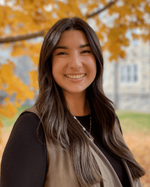 Briana Ermanni, Ph.D.
|
|
Agona Lutolli, Ph.D. |
|
 Jess Sullivan, Ph.D. |
SRCD Federal Congressional Policy Fellow
|
|
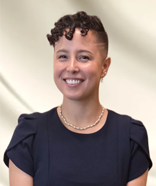 AnnaMaria Boullion, Ph.D.
AnnaMaria Boullion, Ph.D.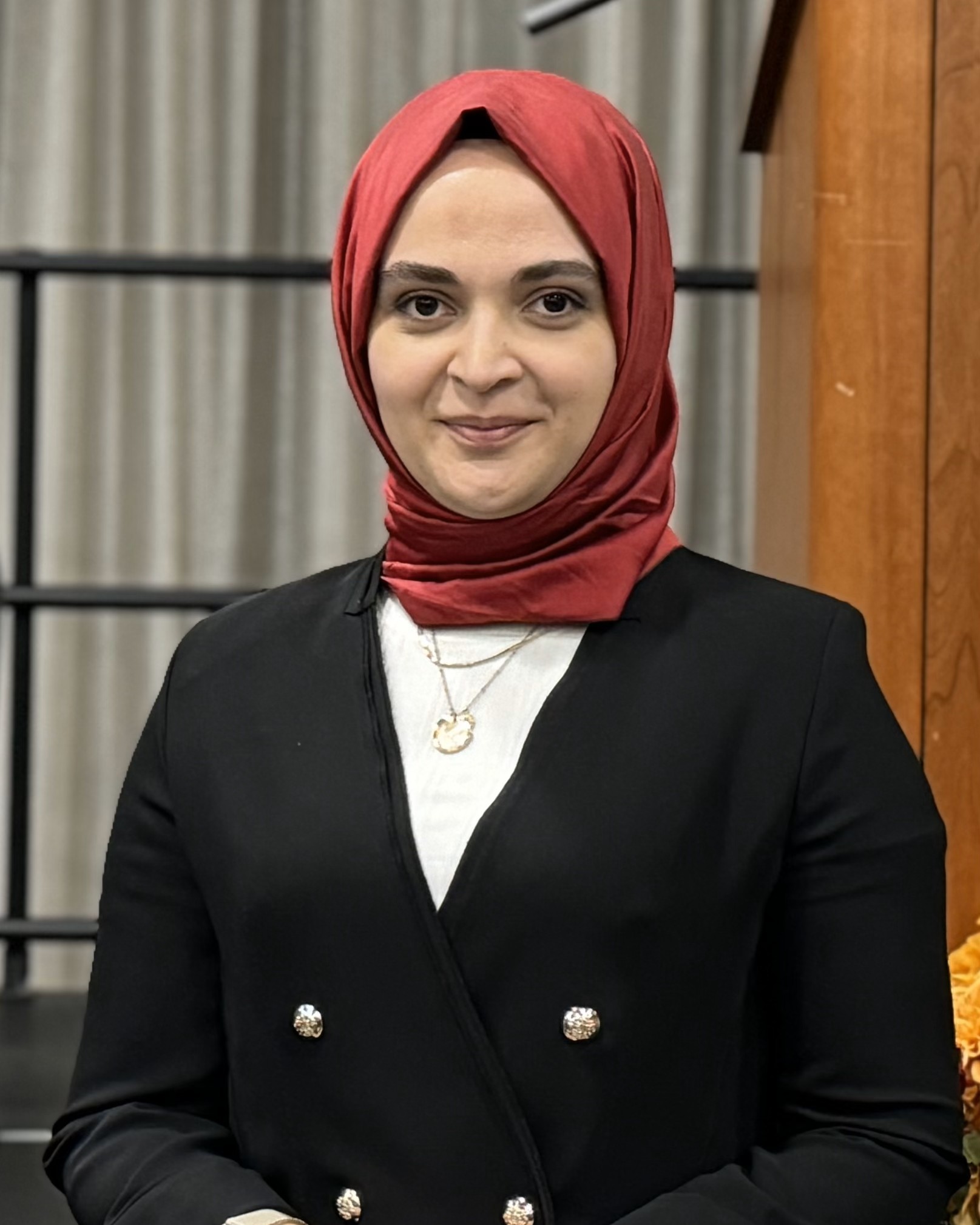 Hatice Gursoy, Ph.D.
Hatice Gursoy, Ph.D.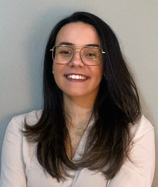
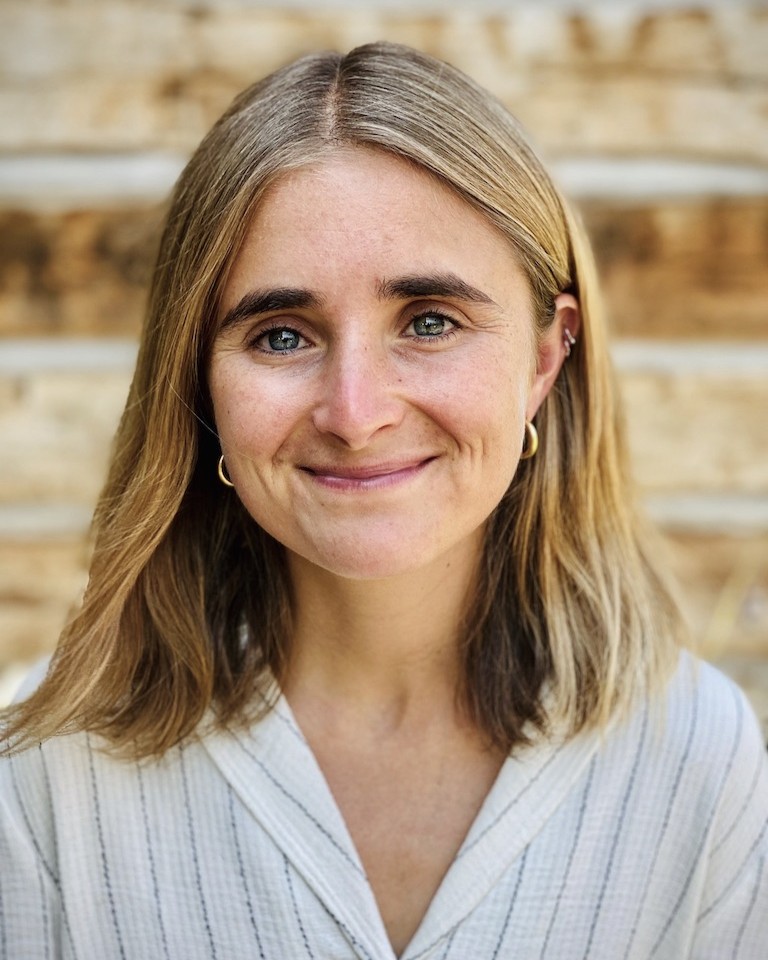 Lily Steyer, Ph.D.
Lily Steyer, Ph.D.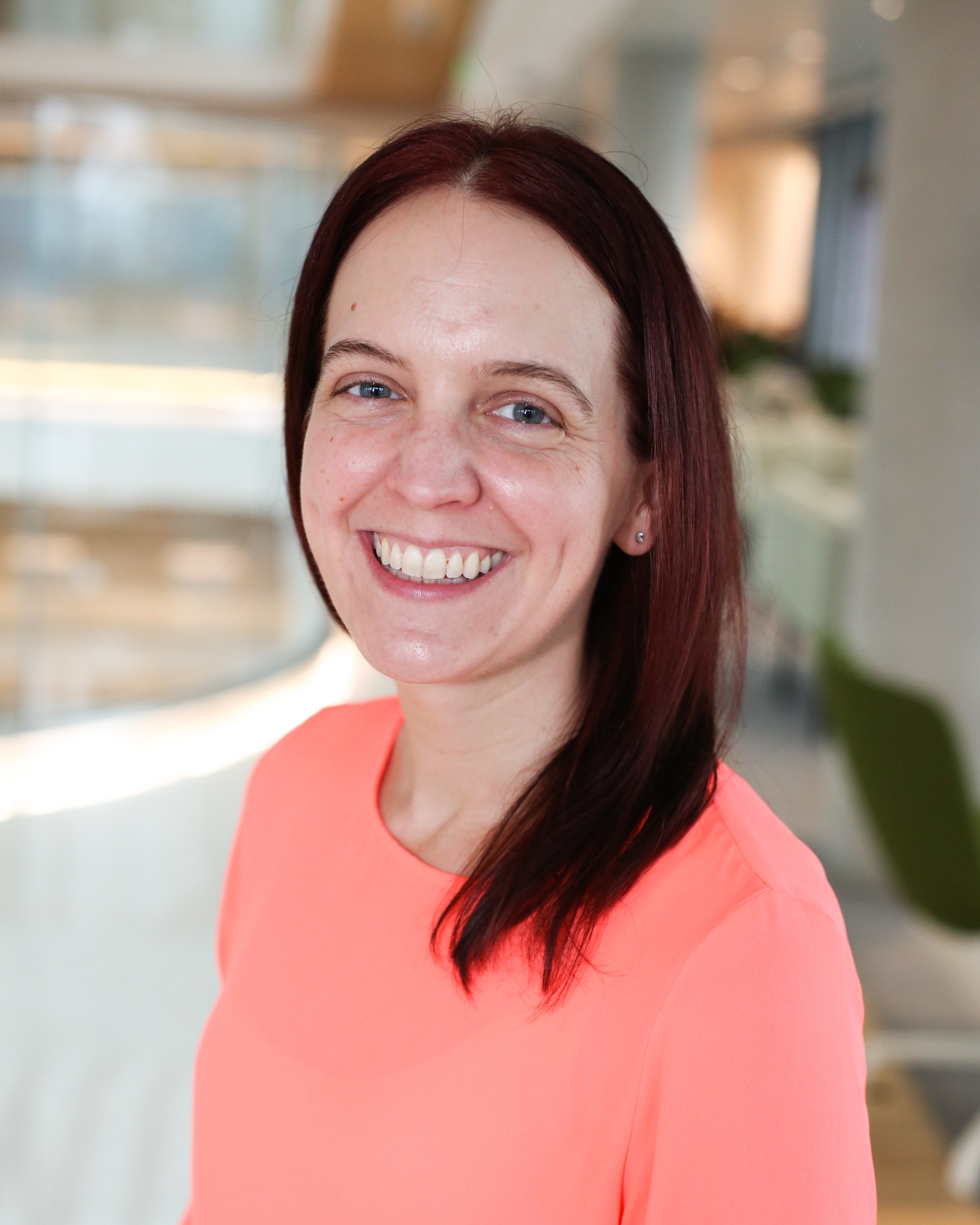 Katherine Hagan, Ph.D.
Katherine Hagan, Ph.D.